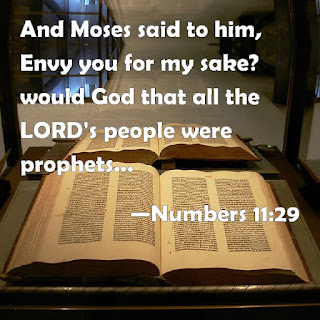[Original song can be found here]
Book of Mormon stories that my teacher tells to me
Are about the Lamanites in ancient history.
Long ago their fathers came from far across the sea,
Giv’n the land if they lived righteously.
Lamanites met others who were seeking liberty,
And the land soon welcomed all who wanted to be free.
Book of Mormon stories say that we must brothers be,
Giv’n the land if we live righteously.
Alma was rebellious, and he fought against the right.
Then one day an angel came to turn him to the light.
Struck before his brethren, Alma learned humility.
Then he taught in the land righteously.
Don’t forget Abinadi, who stood before the king.
All chained up from head to toe, the gospel he did bring.
If he would deny it, then the king would set him free.
He was true, and he died righteously.
Ammon was a missionary serving Lamanites,
Tending King Lamoni’s sheep for several days and nights.
Robbers came; he saved the sheep by fighting fearlessly.
He had learned he could live righteously.
Once two thousand sons of God were called to fight the foe.
Marching as an army into battle they did go.
They believed that Christ the Lord their guardian would be.
They had learned they should live righteously.
Samuel the Lamanite, high on the city wall,
Came to warn the people, and repentance was his call.
Arrows could not hit him, for a man of God was he,
And he taught in the land righteously.
After Christ was crucified and died for you and me,
He came forth to teach the truth to all who would be free.
Hands were laid upon each child. He blessed them tenderly,
And they lived in the land righteously.
Mormon saw his people fall; they turned away from love,
So he gathered records that would witness God above.
Mormon's son Moroni hoped that we'd have charity.
If we did, then we'd live righteously.
Joseph was a boy who wanted God to teach him right.
He received the records that would teach men not to fight.
Jarrings, strifes, contentions kept saints in captivity,
Lost their chance to be God’s, righteously.
Saints were cursed, condemned, and driven West; to God they yearned.
Still the Lord had mercy and He made sure they could learn.
They passed down the records so that their posterity
Might have hope to be God’s, righteously.
Weak from condemnation, now we're trying to be one.
Records are restored, we hope to cov'nant with the Son.
If we will live truly by His words of charity
We will live on this land righteously.
Once we are God’s people we will listen and obey.
Out of our abundant love, to Lamanites we’ll say,
"Won't you join us? Please come help us and we'll brothers be,
Giv'n the land, we shall live righteously."
Through the pow'r of Christ the Lord a standard we'll erect.
All across the world, they'll come from far, the Lord's elect.
We shall publish peace, proclaim to men, "You can be free,
Giv'n the land, if you live righteously!"
Jesus said He will return, He'll reign as Lord and King.
He has asked us to prepare and Zion He will bring.
He will dwell among His people, His own family.
On this Earth, saints will live righteously.


